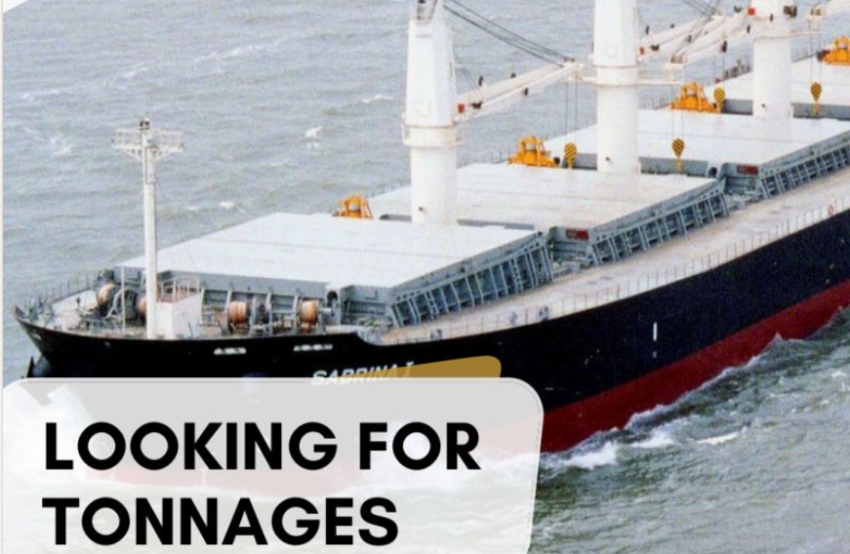Introduction:
International maritime shipping is a complex and vital industry that facilitates the movement of goods across the globe. At the heart of this intricate web are ship operators, professionals tasked with the responsibility of ensuring the seamless operation of vessels. In this article, we will explore the multifaceted responsibilities of ship operators in international maritime shipping companies and their pivotal role in the success of global trade.
Vessel Operations and Maintenance:
Ship operators are entrusted with the day-to-day management of vessel operations. This includes overseeing the maintenance of the ship’s mechanical and technical systems, ensuring compliance with international safety standards, and scheduling routine inspections and repairs. By maintaining the seaworthiness of the vessels, ship operators contribute to both the safety of the crew and the integrity of transported cargo.
Crew Management:
Efficient crew management is a crucial responsibility for ship operators. This involves recruiting qualified seafarers, ensuring proper training, and managing crew rotations to maintain a skilled and well-rested team on board. Additionally, ship operators must comply with international regulations related to crew welfare, including living conditions, healthcare, and adherence to working hours.
Regulatory Compliance:
Navigating the complex web of international maritime regulations is a central responsibility for ship operators. They must stay abreast of changes in laws, rules, and conventions set by international bodies such as the International Maritime Organization (IMO) and ensure that vessels under their management comply with these standards. This includes environmental regulations, safety protocols, and security measures.
Chartering and Freight Management:
Ship operators play a key role in chartering arrangements and freight management. They negotiate and manage contracts with charterers, ensuring that the terms are favorable and align with the company’s financial objectives. Additionally, ship operators monitor market trends, optimize vessel routes, and adjust freight rates to maximize profitability while meeting the demands of the shipping market.
Communication and Coordination:
Effective communication is paramount in the shipping industry. Ship operators must maintain constant communication with the vessel’s captain, crew, port authorities, and other stakeholders. Timely and accurate information exchange helps in efficient voyage planning, cargo handling, and addressing any unforeseen challenges that may arise during a voyage.
Risk Management:
The unpredictable nature of the maritime environment necessitates robust risk management strategies. Ship operators must identify and assess potential risks, including weather conditions, piracy threats, and geopolitical uncertainties. Implementing risk mitigation measures and contingency plans ensures the safety of the crew, protects the cargo, and safeguards the company’s assets.
Technological Integration:
Embracing and implementing advanced technologies is a responsibility that modern ship operators cannot overlook. From vessel tracking systems to data analytics for performance monitoring, technology integration enhances operational efficiency, reduces fuel consumption, and contributes to the overall sustainability of shipping operations.
Conclusion:
Ship operators in international maritime shipping companies shoulder a diverse array of responsibilities that extend far beyond the horizon. From ensuring compliance with international regulations to managing vessel operations, crew welfare, and navigating the intricacies of global trade, their role is pivotal in maintaining the smooth flow of goods across the seas. As the industry continues to evolve, ship operators will play a crucial role in adopting innovative solutions and steering their companies towards a more efficient, sustainable, and resilient future.

